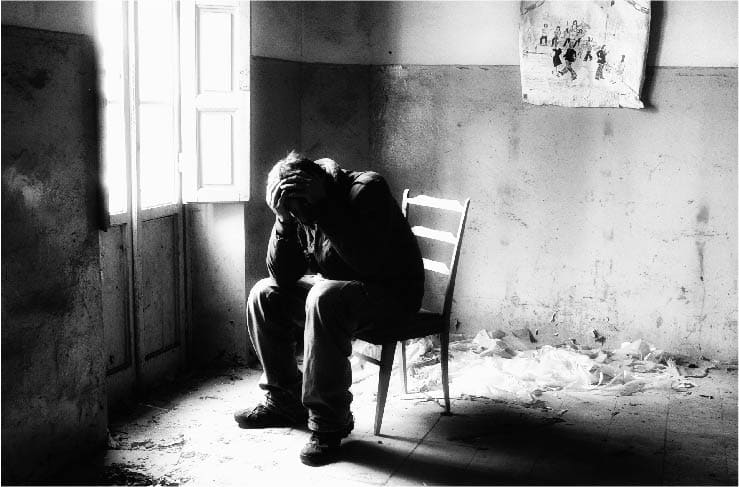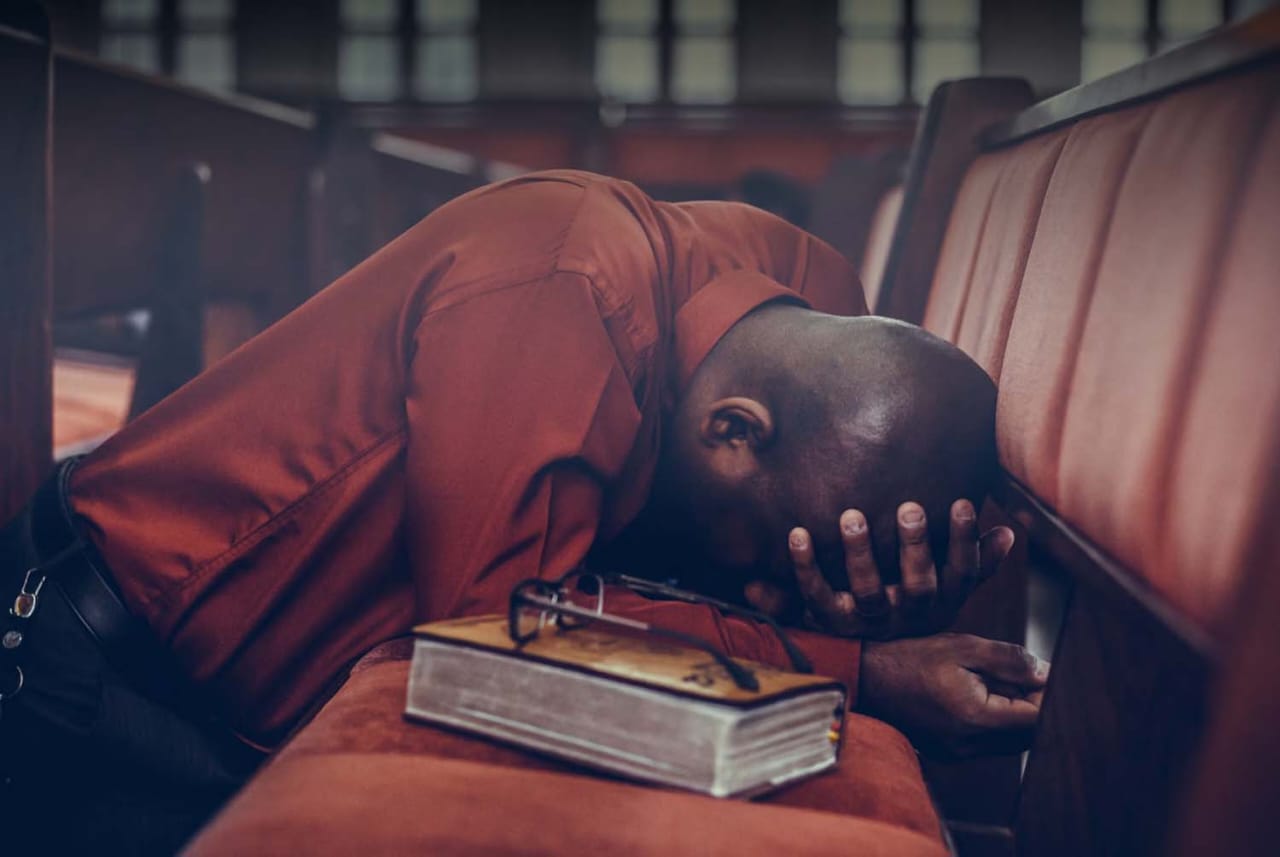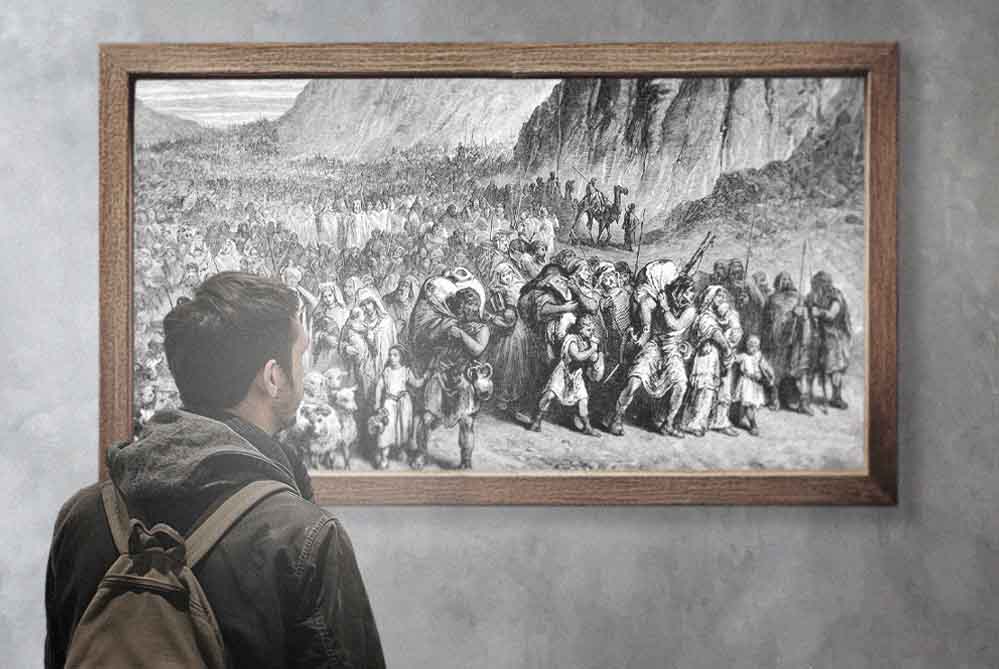In the past, it was taboo to admit one's limitations and fragility. As a result, people tend to want to look strong, even when they are not doing well. In the end, a person is trapped in the illusion of himself being versatile and strong no matter what happens. This condition is recognized as the biggest contributor to the disruption of one's mental health. Acknowledgment of one's fragility is the way to a more honest and realistic existence. This does not mean glorification of one's shortcomings and impact on one's resilience, but rather as a way to pave the way for recovery and clarity to reach one's potential.
In our text, God once again features a mythological beast known in the cultural traditions of the ancient Middle East. That beast is Leviathan which is translated as crocodile in the TB1 Bible. Like Behemoth, it also has characteristics that make humans choke, except that its dwelling place is not on land but in water. Verses 21-22 show the helplessness of man in dealing with it. Man cannot treat Leviathan as a big fish and tie a rattan rope around his nose. Even those who intend to challenge Leviathan will surely retreat and be helpless. Man's mastery over animals does not apply to this large animal.
Throughout the passage we see the toughness of Leviathan. His entire body is very hard and impenetrable to the sword. It could not be defeated therefore it became a source of fear for humans. In other words Leviathan symbolizes the destructive forces in the universe and our fragility in dealing with them. Why did God show us this reality? We are shown Behemoth and Leviathan as symbols of the destructive forces that surround the world and strip us of our fragility and helplessness. Perhaps God wants to show us another reality that also exists in the universe, namely God's creative power that transcends these destructive powers so that even in our fragility we can turn to and anchor our entire existence in the strength of His power.
Friends of the Bible, today we are invited to look at reality with honesty. We see destructive forces all around us. The destruction of nature, rampant crime, increasingly virulent diseases, and a variety of issues that touch our personal lives. This brings us to an inevitable fragility. But on the other hand, as God Himself shows in this passage, we see God's supervision and power that surpasses all these powers. We are thus invited to cling tightly to Him while acknowledging our limitations because it is in that honesty that we see God's liberating power.























